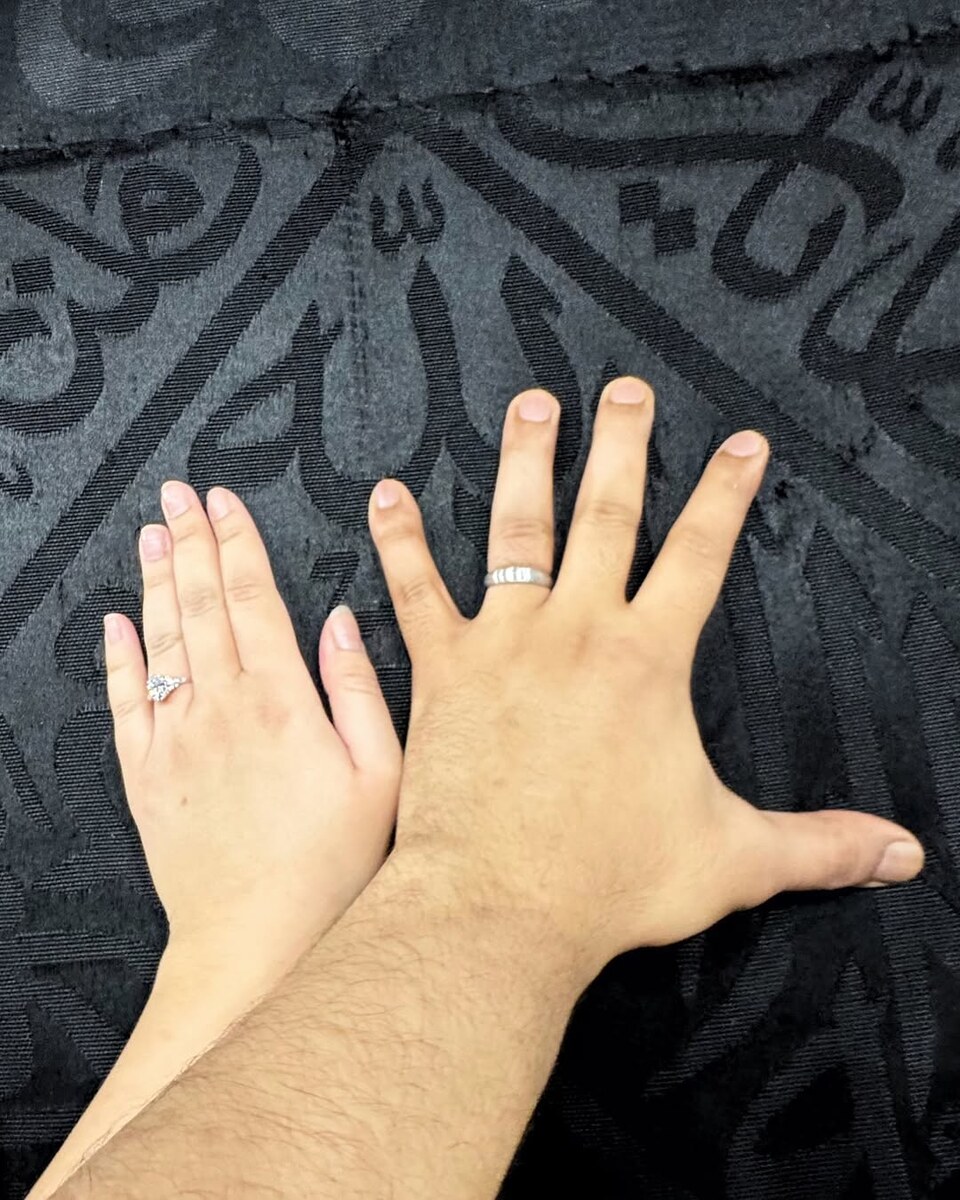KARACHI: The Saudi Tourism Authority (STA) on Thursday held a networking event in Pakistan’s commercial capital of Karachi and showcased luxury tourist destinations in the Kingdom, which expects more than 2.8 million Pakistani visitors this year.
The development comes amid Riyadh’s efforts to boost public service sectors in the Kingdom such as health, education, infrastructure, recreation and tourism as part of the Vision 2030 framework, which aims to cut the Kingdom’s reliance on oil.
The STA showcased diverse tourism offerings, including luxury hotels, at the networking event held at Karachi’s Avari Tower hotel, which was attended by travel enthusiasts, members of the civil society and celebrities from Pakistan’s film and drama industry.
STA officials gave presentations to Pakistani audiences at the event, with two giant screens at the poolside showing tourist destinations like Maraya in AlUla, Al-Bujairi heritage tourist park in Diriyah, the Red Sea, King Abdullah Economic City, the skyline in Riyadh, and the historical old city of Jeddah.
“These world-class resorts promise an unparalleled seaside experience, blending sustainability with high-end hospitality,” the STA said in a statement at the end of the event.
Saudi Arabia is home to the two holiest cities of Islam, Makkah and Madinah, which are visited by millions of Muslims from across the world for Hajj and Umrah pilgrimages each year.
In recent years, Riyadh has intensified its efforts to diversify its economy away from oil to other sectors, particularly leisure travel. Last year, the Kingdom also won a bid to host the 2034 FIFA World Cup.
“They want to promote their tourism like we want to promote tourism in up north in Pakistan,” Pakistani actor Sanam Saeed told Arab News on the event’s sidelines, adding that Saudi Arabia was a fast-developing nation that is wasopening its culture and architecture to international tourists.
Pakistan, a predominantly Muslim country that has the world’s fifth largest population of over 240 million, stands as one of the priority nations for Saudi Arabia, and the STA said it expected more than 2.8 million Pakistani travelers to visit the Kingdom this year, compared to over 2.7 million who visited last year.
Saeed is one such Pakistani who wishes to travel to the Kingdom soon.
“Saudi is full of new adventures. We can promote it, encourage it and avail all these amazing things that Saudi has to offer,” she said.
“It’s exciting and I wish to visit soon.”
Pakistani talent and travelers are making a significant impact on Saudi Arabia’s thriving tourism and entertainment industries. Last year, Pakistani players dominated the Esports World Cup (EWC) in Riyadh, showcasing their prowess on the global gaming stage, according to the STA.
The recently concluded LEAP tech conference in Riyadh recorded the highest-ever participation of Pakistani exhibitors, highlighting Pakistan’s growing influence in the tech industry, while the Kingdom’s Meetings, Incentives, Conferences, and Exhibitions (MICE) sector has also seen remarkable growth, with 37 Pakistani tourism groups actively engaging in Saudi Arabia’s dynamic event landscape.
Offering seamless travel experiences, the Kingdom’s latest initiatives include group inclusive tours and exclusive Ramadan deals, allowing visitors to experience the spiritual essence of the holy month in an immersive setting. The introduction of e-visa for Umrah pilgrims has further simplified religious travel, granting unrestricted entry to Saudi airports.
Saudi Arabia is also enhancing its accessibility and diverse experiences beyond religious tourism as well as is enhancing travel for various segments, including solo female travelers, destination weddings and cultural exploration, according to the STA.
The Kingdom’s tourism sector accounted for up to 3 percent of its gross domestic product (GDP) last year, which Riyadh aims to increase to 10 percent over the next five years by making investments in the tourism sector.
Saeed hailed the cooperation between Pakistani and Saudi stakeholders in the field of tourism, saying it would benefit travelers.
“So, it’s always worth when such a cross-country collaboration takes place and two countries jointly try to do their promotion,” she said. “It is good for travelers.”
Saudi luxury tourist destinations unveiled at Karachi event
https://arab.news/j42wf
Saudi luxury tourist destinations unveiled at Karachi event

- The development comes amid Riyadh’s efforts to boost public service sectors to cut the Kingdom’s reliance on oil
- Pakistan, which has the world’s fifth largest population, stands as one of the priority nations for Saudi Arabia

















